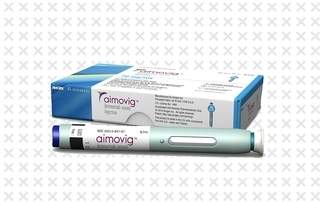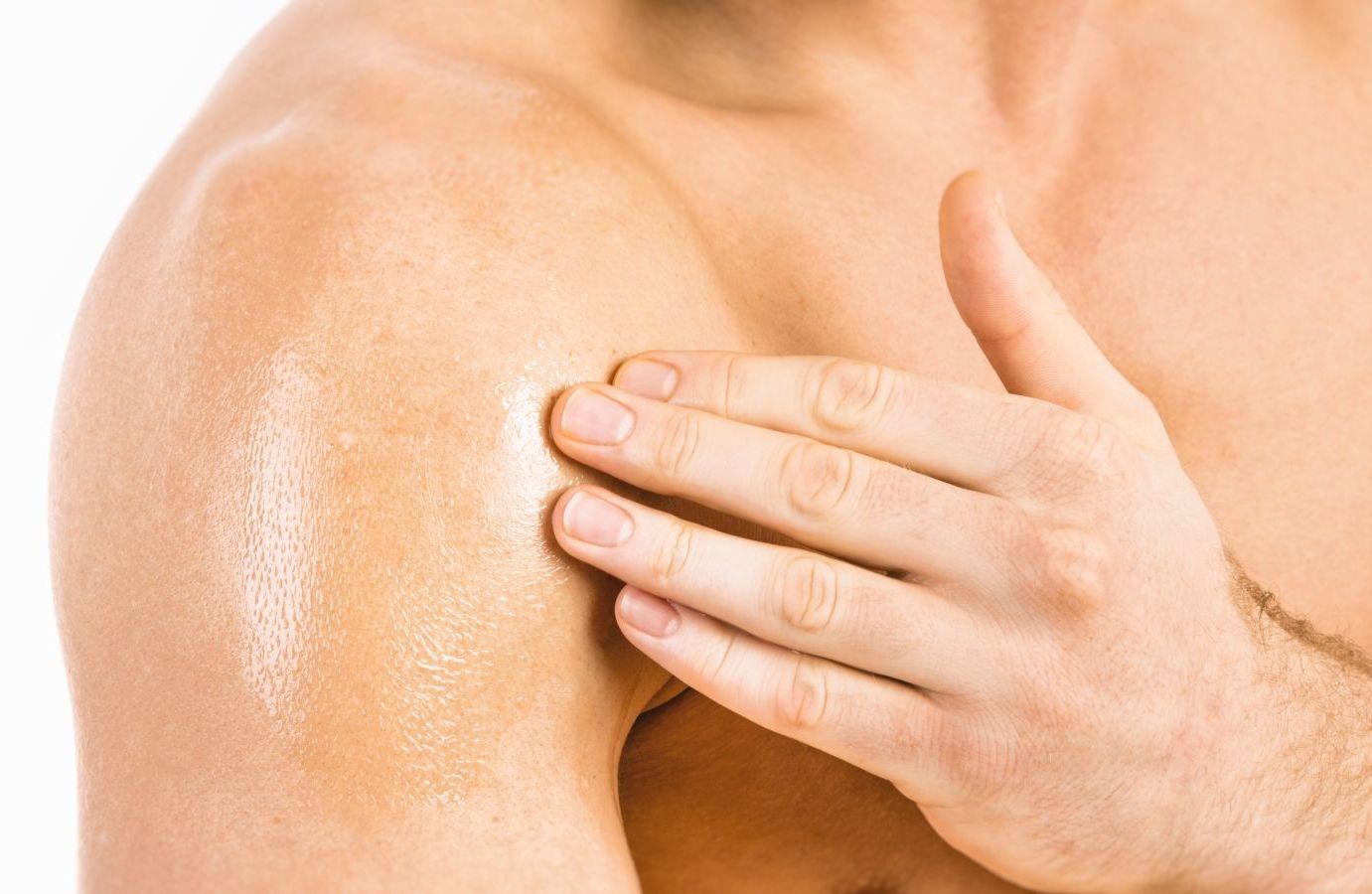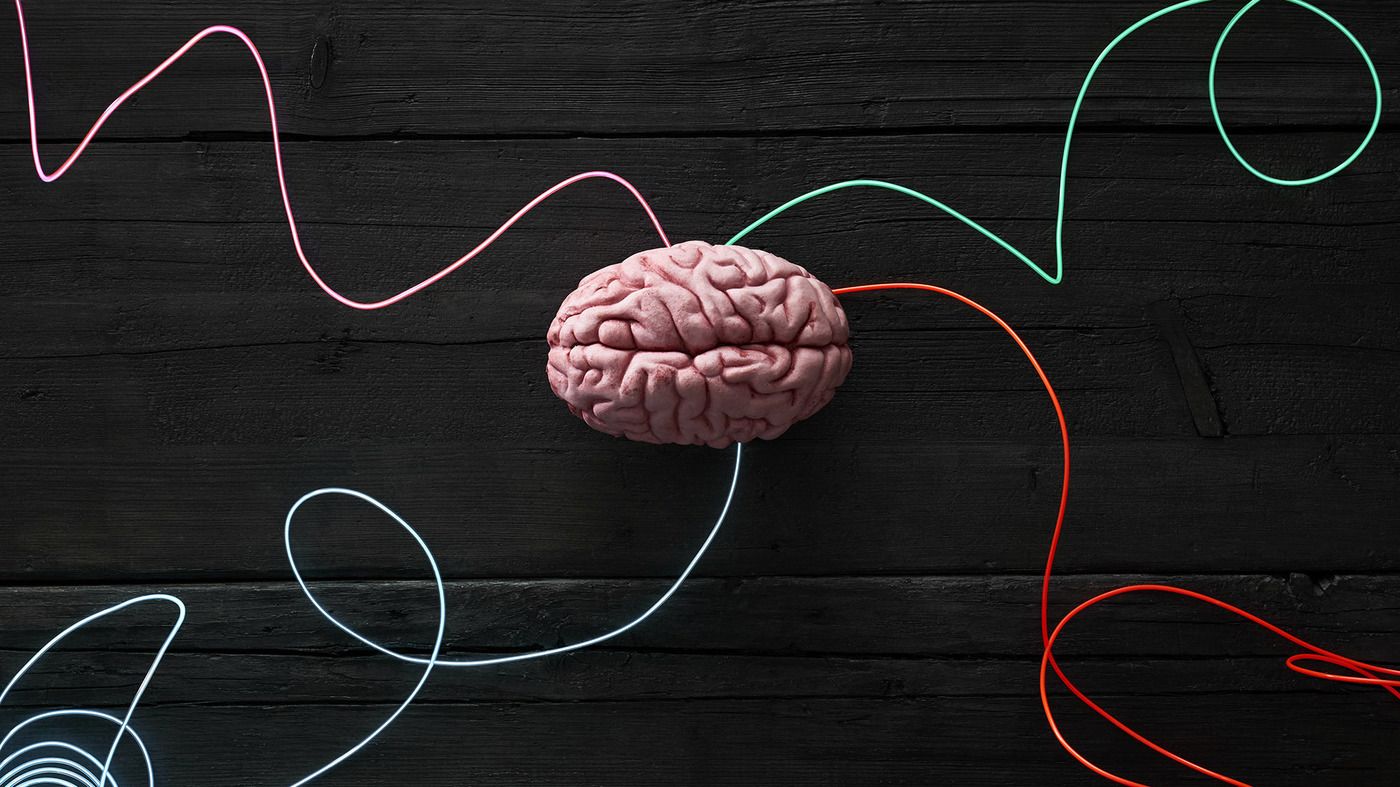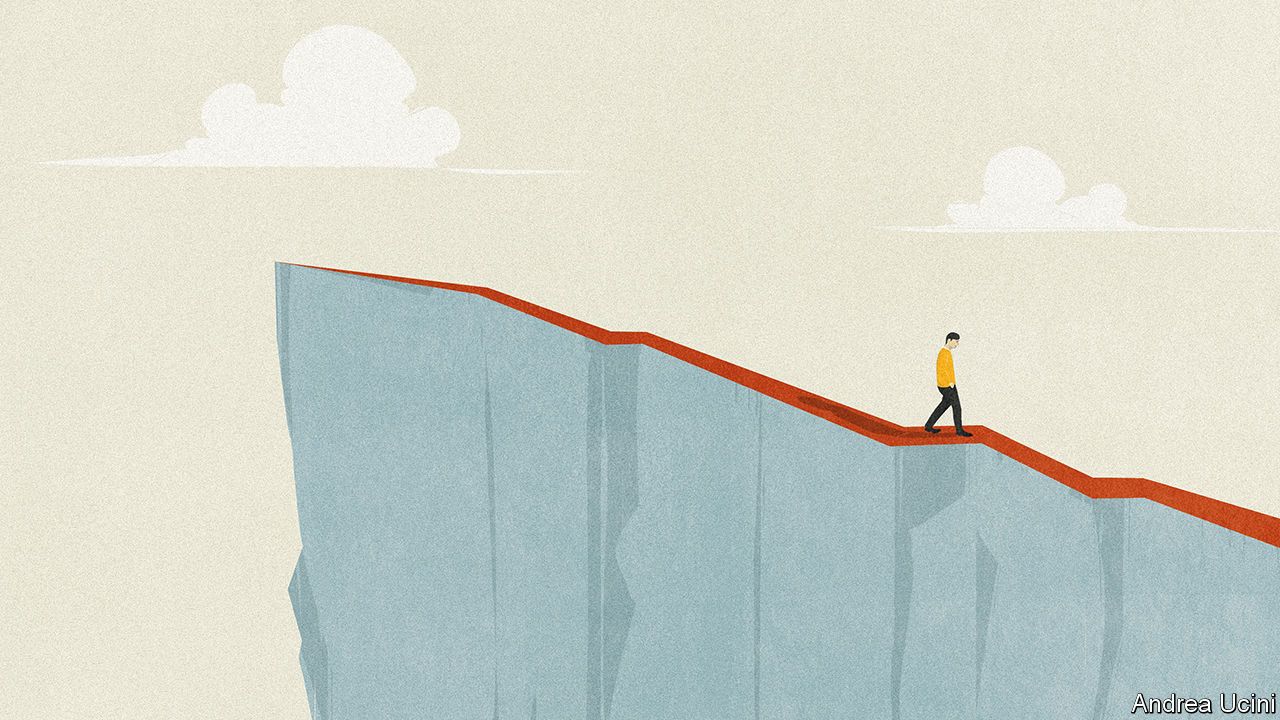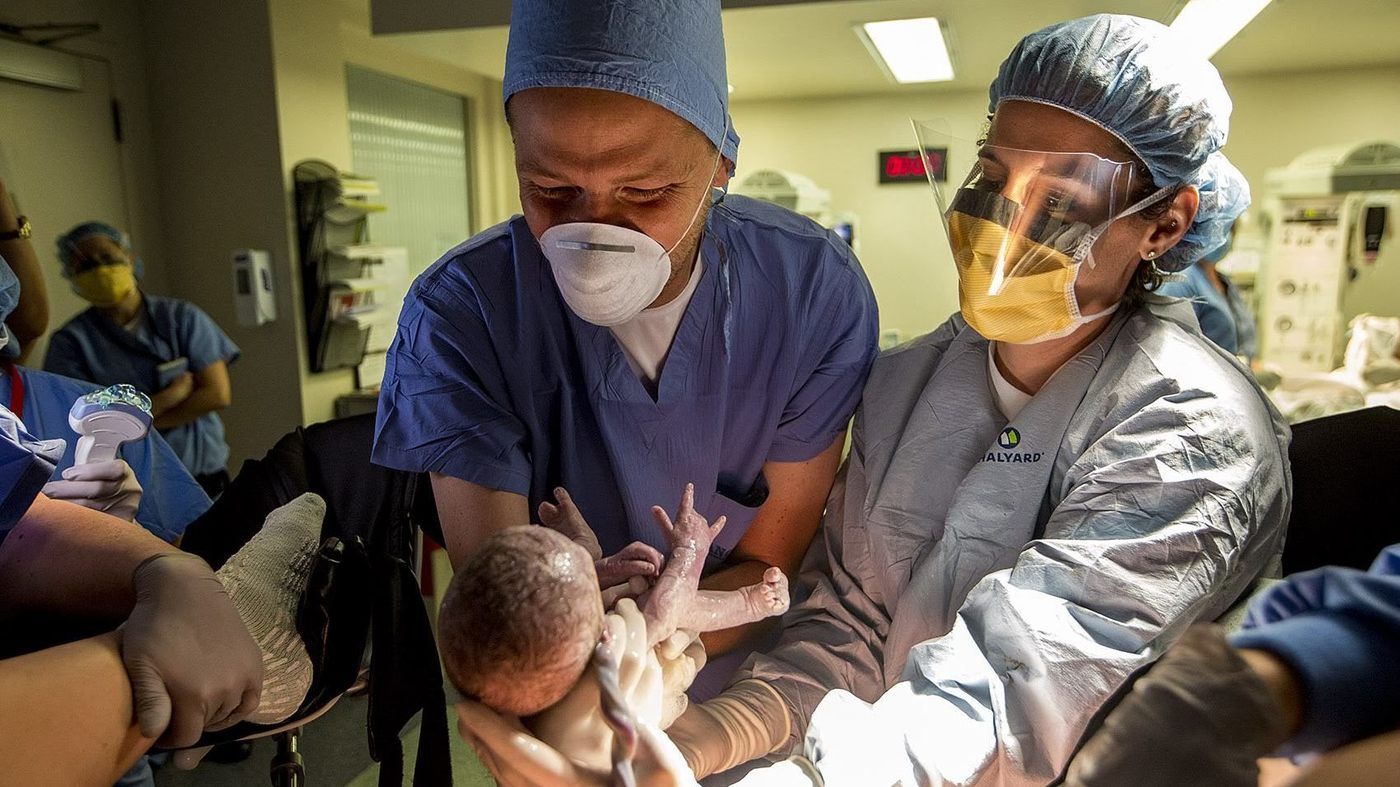
by Russell Corlett, health and safety director for Peninsula. The HR and employment law business consultant is based in Manchester and has over 30 years’ experience, as well as an international presence in Australia, Canada, and New Zealand.
Health and safety has faced a major upheaval in recent years. The arrival of the digital revolution, and changing corporate and social attitudes, has seen a seismic shift in how the industry operates.
As we adapt to technological advancements and diverse workplaces, let’s break out a crystal ball, examine the available evidence, and see where things may be a decade from now. The future of business While we can’t say for sure what will happen, it’s possible to make an educated guess. There are already white papers speculating on the future business world, such as a detailed analysis by professional services network PwC. This report suggests four potential outcomes by 2030:
Read more


